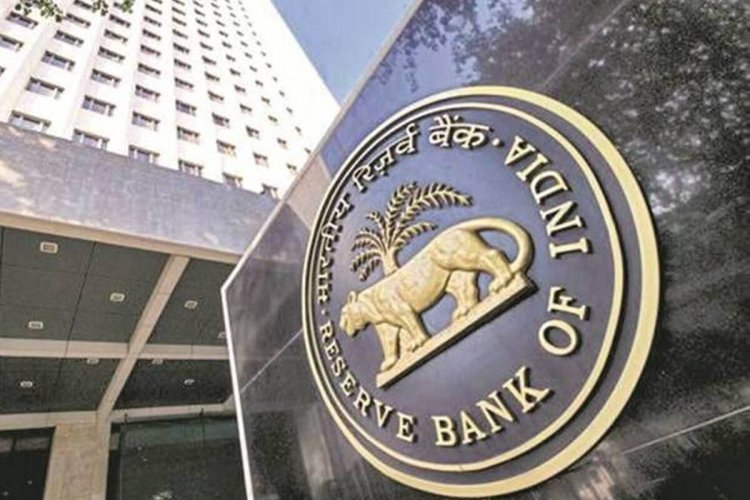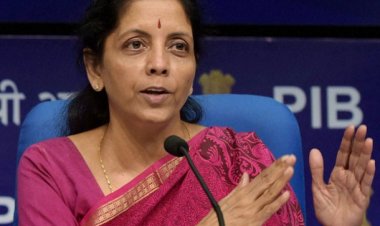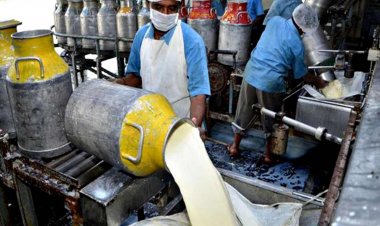High WPI inflation likely to impact retail inflation too: RBI
In its annual report released on Friday, the RBI has cautioned that there is a risk of high WPI inflation putting pressure on retail inflation, albeit with a lag. The RBI says that high industrial raw material prices, transportation costs and global logistics, and supply chain bottlenecks continue to create pressure on core inflation.

In its annual report released on Friday, the Reserve Bank of India has cautioned that there is a risk of high Wholesale Price Index (WPI) inflation putting pressure on retail inflation, albeit with a lag. The RBI says that high industrial raw material prices, transportation costs and global logistics, and supply chain bottlenecks continue to create pressure on core inflation.
According to the central bank, there has been a sharp rise in the inflation of manufactured products. As of now, there is a substantial wedge between wholesale and retail inflation. But there is the risk of a possible passthrough of input cost pressures to retail inflation with a lag. The slack in the economy is at present muting the passthrough.
The conflict over Ukraine and the consequent spike in commodity prices has overcast the outlook for inflation in India as in the rest of the world, the RBI report added.
The report mentions that the government has recently taken some measures to control the rising prices. The government cut excise duty on petrol and diesel and also waived import duty on some raw materials used in the steel and plastic industry. Besides, export duty was hiked on iron ore and iron pellets. Wheat export has been prohibited. Sugar export has been shifted from the “free” to the “restricted” category. Besides, the government has allowed duty-free imports of 20 lakh tonnes each of crude soya oil and sunflower oil for two years.
A rise in price across all items from fuel to vegetables and cooking oil pushed WPI inflation to a record high of 15.08 per cent in April. Retail inflation, too, climbed to a nearly eight-year high of 7.79 per cent. It was high inflation that prompted the RBI to raise the repo rate by 40 basis points to 4.40 per cent earlier this month.
The RBI annual report says that the escalation of geopolitical tensions into war from late February 2022 has delivered a brutal blow to the world economy. "The immediate impact of geopolitical aftershocks is on inflation, with close to three-fourths of the Consumer Price Index (CPI) at risk. The elevation in international prices of crude, metals and fertilizers has translated into a term of trade shock that has widened trade and current account deficits," the report said.
The future course of inflation is in the realm of uncertainty and will primarily depend on the geopolitical situation.



 Join the RuralVoice whatsapp group
Join the RuralVoice whatsapp group







































